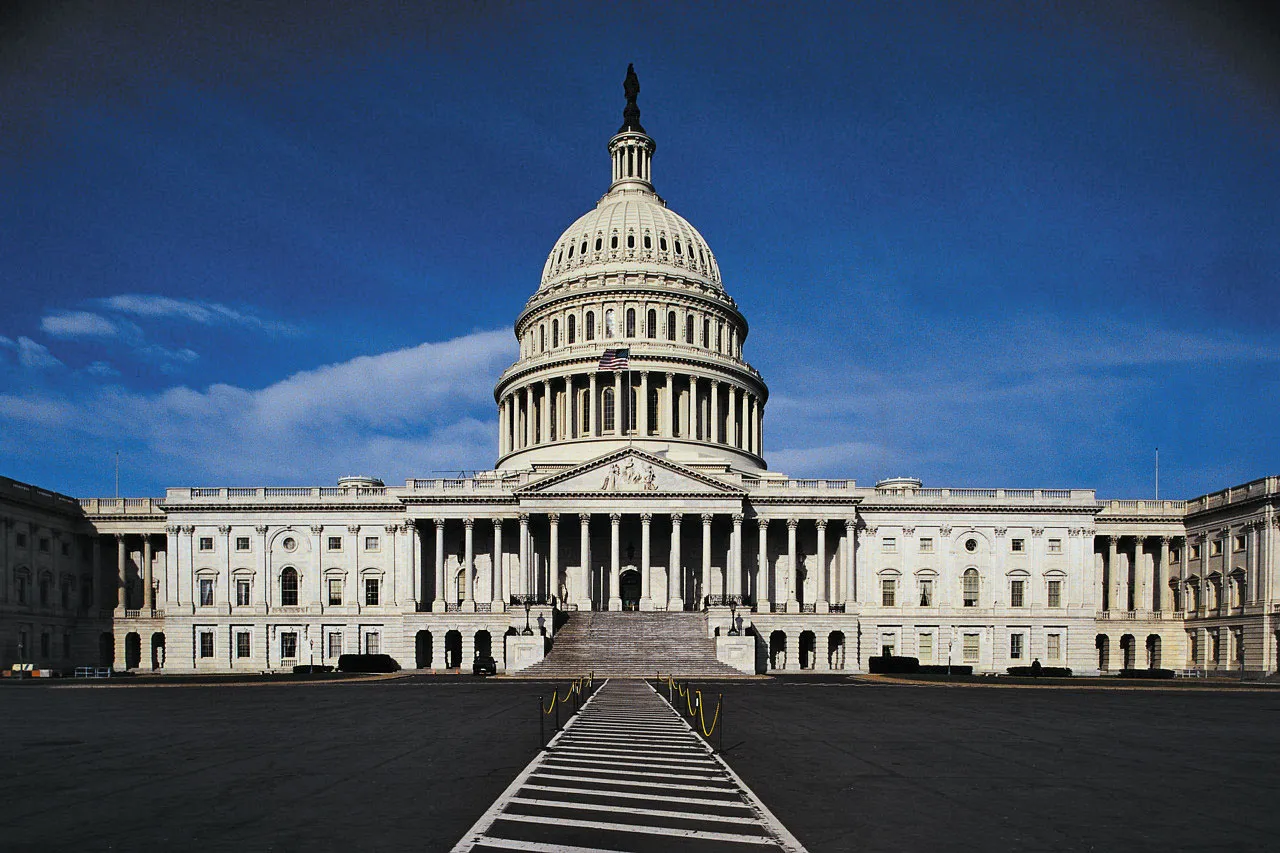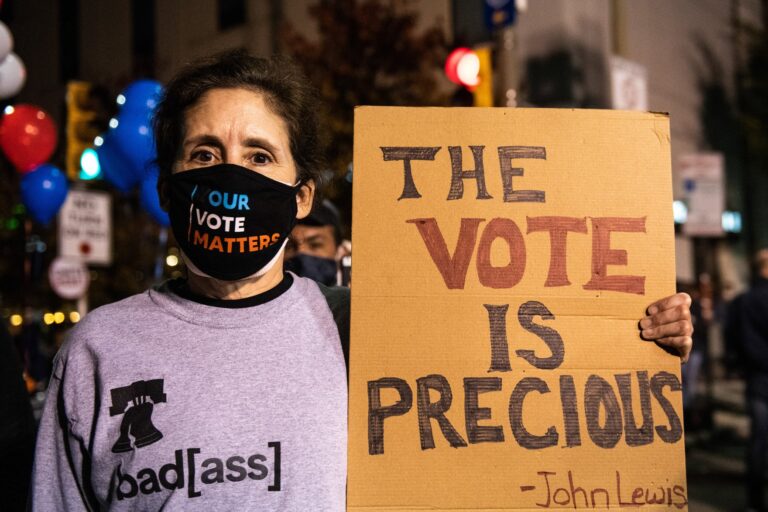While national elections and federal policies often dominate the headlines, state-level legislation plays a critical role in shaping the political landscape of the United States. Many policies, from voting rights to gun control, are decided at the state level, and these laws can have far-reaching implications for national politics. In fact, state-level decisions often serve as a testing ground for policies that could eventually be adopted at the federal level. Here’s how state legislation is influencing the broader political landscape and why it matters more than ever.
1. The Fight Over Voting Rights
One of the most significant areas where state-level legislation is having a national impact is voting rights. Following the 2020 election, several states, particularly those with Republican-controlled legislatures, passed restrictive voting laws aimed at curbing what they called voter fraud. These laws have included measures such as voter ID requirements, limited access to mail-in voting, and reduced early voting hours.
For example, Georgia’s controversial SB 202 law, passed in 2021, imposed strict voter ID requirements for absentee ballots and limited drop box availability, all while expanding early voting. These changes have sparked backlash, with critics arguing that the laws disproportionately impact minority communities and suppress voter turnout.
While some of these laws are currently being challenged in the courts, they have sparked national debates about the state of democracy in America. How states legislate voting rights can influence the outcome of future elections and even change the balance of power in Washington. The John Lewis Voting Rights Act, which aims to restore some protections of the Voting Rights Act of 1965, is a direct response to the changing voting laws in several states, especially those in the South.
2. The Role of Red and Blue States in Shaping Policy
Another way state legislatures influence national politics is through the passage of laws that set a precedent for federal action. Policies related to abortion, gun control, and marijuana legalization often begin at the state level before being considered at the federal level.
For example, states like California and New York have taken progressive steps to pass stricter environmental regulations and implement ambitious clean energy programs. These policies have influenced national conversations about climate change and could eventually lead to federal action.
On the other hand, states like Texas and Florida have passed restrictive abortion laws in the wake of the Supreme Court’s decision in Dobbs v. Jackson Women’s Health Organization, overturning Roe v. Wade. These laws serve as a blueprint for other conservative states and put pressure on Congress to either codify or roll back federal abortion protections.
State policies on marijuana legalization have similarly been a precursor to national discussions. With over 20 states now having legalized recreational marijuana, pressure is mounting for Congress to take action and possibly legalize marijuana at the federal level.
3. Economic and Tax Policy
State-level economic policies can also have a significant impact on national politics. States like California and New York have high-income taxes that fund social services, while states like Texas and Florida have more business-friendly tax policies and lower tax rates, particularly on income. These contrasting tax structures not only shape state economies but also reflect differing ideological views on taxation, wealth distribution, and government spending.
For instance, tax policy decisions at the state level can influence the debate over national economic policy. States that prioritize business-friendly tax cuts, like Texas, are often cited by Republicans as a model for federal tax reforms, while progressive states like California argue for higher taxes on the wealthy to fund social programs.
4. The Influence of State Politics on National Elections
State politics also play a crucial role in shaping national elections, particularly through the Electoral College system. Key swing states like Pennsylvania, Michigan, Wisconsin, and Florida hold the balance of power in presidential elections. The political leanings of these states—often influenced by state-level policies—can determine which party controls the White House.
For example, Florida’s strict voting laws and gerrymandering of district lines have made it a battleground state in national elections, while the passage of progressive laws in states like California and Colorado has helped solidify their status as Democratic strongholds. State politics, in this sense, plays a critical role in determining the national political environment and setting the stage for future elections.
Conclusion: State Politics Matters More Than Ever As the political divide in the U.S. deepens, the role of state-level legislation in shaping national politics will only become more significant. Whether it’s through changes in voting laws, economic policies, or social issues like abortion and marijuana legalization, state lawmakers are influencing the broader political landscape in profound ways. Voters need to pay attention not only to national elections but also to the policies passed at the state level, as these decisions will have a lasting impact on the future of the nation.









